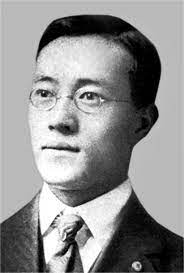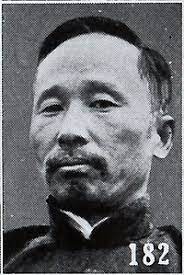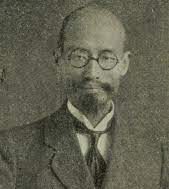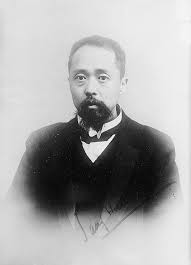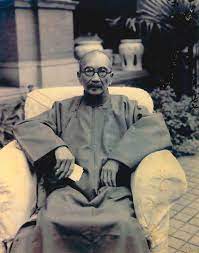Wu Hsien-tzu (1881-7 October 1959), Confucian scholar who studied under K'ang Yu-wei and Chien Ch'ao-liang. He was long associated with Li Ta-ming in publishing the Chinese World in San Francisco, and he became head of the Constitutionalist party and chief bearer of the political heritage of K'ang Yu-wei. A native of Shun-te (Shuntak), the richest […]

